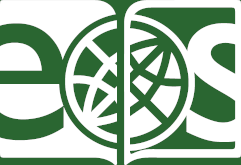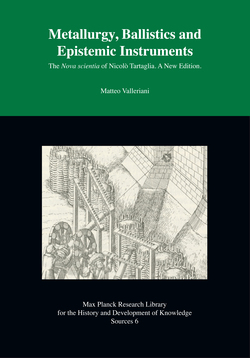In 1537, Nicolò Tartaglia (1500–1557), a mathematician from Brescia, published "Nova scientia." It was this work that led to the foundation of the modern science of ballistics. Tartaglia’s intention was to create a purely mathematical science based on axioms, which was fundamental to the entire subject of mechanics, starting with a limited number of principles and arriving at a series of propositions through a rigid procedure of deduction.
Nevertheless, as Tartaglia himself states, his motive was fundamentally practical and connected to the activities of the sixteenth-century bombardier. A new edition of Nicolò Tartaglia’s "Nova scientia," based on the 1558 print run of the second enlarged edition (1550), shows how the emergence of theoretical ballistics was a consequence of the technological innovations that took place in the frame of the practice of iron casting at the turn from the fifteenth to the sixteenth century.
Nevertheless, as Tartaglia himself states, his motive was fundamentally practical and connected to the activities of the sixteenth-century bombardier. A new edition of Nicolò Tartaglia’s "Nova scientia," based on the 1558 print run of the second enlarged edition (1550), shows how the emergence of theoretical ballistics was a consequence of the technological innovations that took place in the frame of the practice of iron casting at the turn from the fifteenth to the sixteenth century.
Information
ISBN
978-3-945561-30-0
DOI
10.34663/9783945561300-00
Pages
360
Publication Date
April 18, 2013
Print on Demand
currently unavailable
Suggested Citation
Valleriani, Matteo (2013). Metallurgy, Ballistics and Epistemic Instruments: The Nova scientia of Nicolò Tartaglia – A New Edition. Berlin: Max-Planck-Gesellschaft zur Förderung der Wissenschaften.
Submitted by
Rivka Feldhay
Editorial Team
Lindy Divarci, Susan Richter, Anna Siebold
Translated by
English translation by Matteo Valleriani, Lindy Divarci and Anna Siebold

